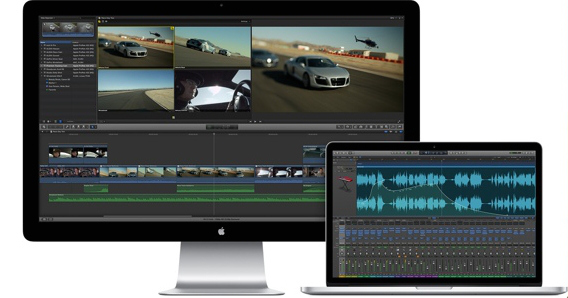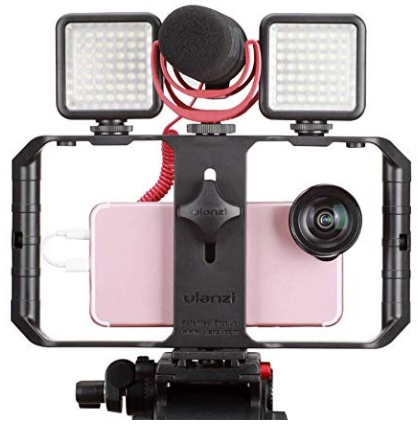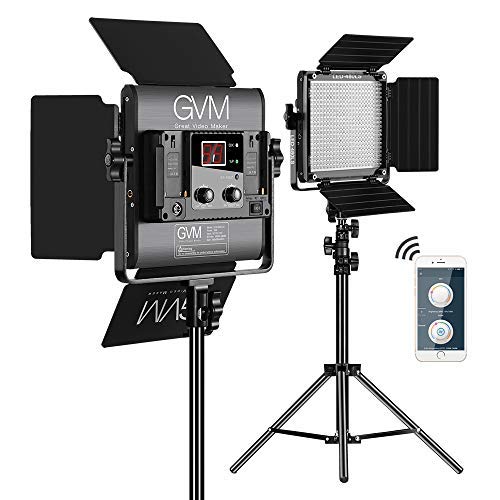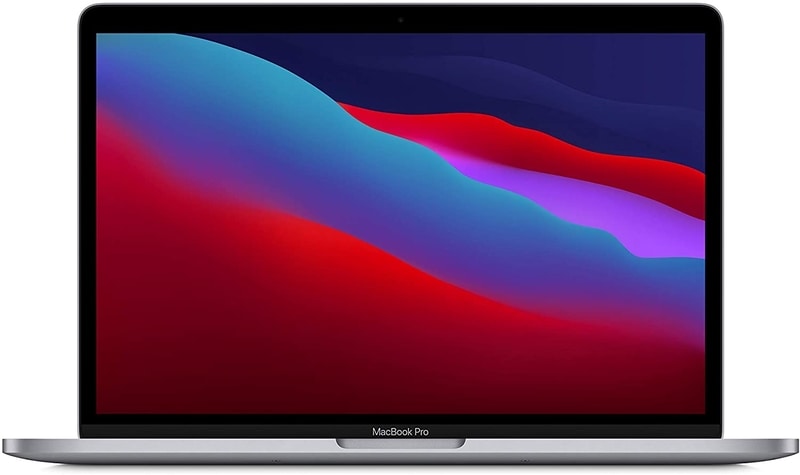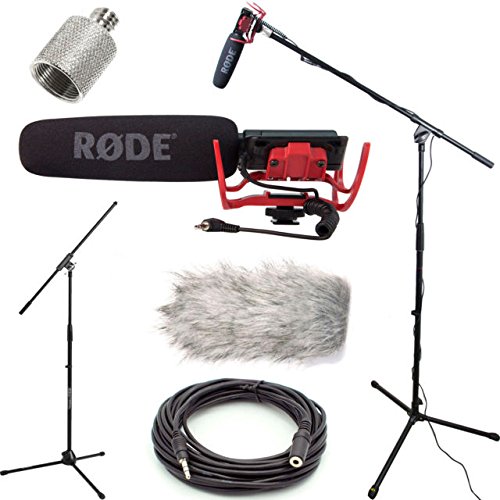How To Pitch Your Documentary Ideas To Get Funding

Do you need help pitching your documentary ideas to investors?
Need funding for your documentary?
By Faith Fuller
I have seen it time and time again. Documentary filmmakers can be passionate about their cause and are talented storytellers, yet pretty much clueless how to pitch their idea to potential funders.
So often, filmmakers will find the fundraising process too difficult and draining and will either give up or choose to work for free and beg everyone around them to work for free to get the film made (I know, that’s what happened to me on my first documentary project).
It's true that there are hundreds of thousands, even millions, of dollars available in grants for film projects/documentary ideas.
But here’s the catch.
The truth about documentary film grants is that:
- It’s a full time job simply finding the grant that fits YOUR project. It literally takes hours upon hours - weeks or even months - of research simply to narrow down a few “hot leads”.
- And once you find the perfect fit, enjoy going through all the hoops they put you through to apply for the grant.
A Filmmaker's Biggest Fantasy
Filmmakers often have the fantasy that ONE big foundation is going to write a big fat check to cover the cost of their whole documentary project. It can happen. But it’s rare. I would say near impossible for the first time filmmaker.
Each foundation and grant organization has its own list of requirements and who knows who you’re competing against to get that funding. In addition, some organizations only give money to fund just one part of your project such as post-production or distribution. And they each have their own deadlines that may or may not fit your production schedule (“Argh, that grant’s not available until NEXT year!??” "Argh, they only provide finishing funds? I need money NOW for my upcoming shoot.").
The process is enough to deter even the most ambitious dedicated filmmakers.
So What’s A Filmmaker To Do?
After being in the filmmaking, communications and video production industry more than twenty years, here’s my advice if you are new to documentary filmmaking and need funding.
Go to individuals for your funding.
By all means, apply for grants. Thousands of filmmakers get funding from grants every year. But even if you apply for grants, approaching individual donors should be a major part of your fundraising plan.
How To Pitch Your Documentary Ideas
1. Gather your fundraising team
Find a small group of people, perhaps 3-5 individuals, who are passionate about your project and who have connections in the business world. Getting these individuals to pitch your documentary idea to their peers is a powerful and effective way to fundraise.
2. Social media
Immediately start building a presence on Facebook, Twitter, instagram and other social media sites. Start building your base of support ASAP. These individuals will become your key supporters throughout the process of making your film.
3. Dig through your contact list
You are looking for any and every connection you can to funding sources. The idea is to find a "natural connection". Say your brother has a friend whose mom runs a small family foundation. Bingo. Or the CEO of a big local company has a personal connection to the subject matter of your film. (For example, say your film is about a village in Kenya. You learn the CEO and his wife have an adopted child from the same place in Kenya. Bingo).
4. Make a trailer
There is no better way to pitch your documentary idea than with a fantastic trailer. If you can get people to laugh or cry while watching your trailer, it's almost a 100% guarantee you can them to donate to your project (assuming you have a donate button next to the video or you make the ask for money right then and there fresh off the heels of the experience).
5. Conduct a crowdfunding campaign
This is an excellent way to launch your fundraising efforts and test the viability of your documentary idea.
6. Hold a fundraising houseparty
This is a great way to pitch your documentary idea to numerous individuals at once.
Tip! Don't cold call -- This almost never works. Again, follow leads to funding through existing connections where credibility and trust are already established.
Crafting The Perfect Documentary Proposal
Documentary proposals can be simple or complicated or somewhere in between. It all depends on who you are approaching. But one way or another, if you need funding, you'll need a proposal.
Download our documentary proposal template & pitch deck pack.
So what kind of proposal do you need?
Whereas a foundation will list out exactly what they need from you when applying for their grant, an individual has no such list of requirements. So how do you know what you should send when approaching them for funding?
If you are asking someone for $1,000 or more, you should have a proposal that includes enough details to fill at least 3-10 pages.
The idea is to give potential funders enough information to understand the scope of your project, but not too much. The reality is that potential funders are busy people and there’s a fine line between providing “enough” information, “too much” information and the “right kind” of information that will generate results (ie cash in your pocket to make your film!).
You want to INSPIRE your potential funder in the possibilities of your documentary idea and also BUILD CONFIDENCE in your abilities.
A professional proposal can make all the difference in getting your documentary funded. This is often your one and only chance to grab someone’s attention. You’ve got to get it right THE FIRST TIME. If your proposal is unprofessional, that tells the potential funder all they need to know: “If they can’t even put together a good proposal, what’s the documentary going to look like?”
A great proposal is a way to build confidence and to show that you’re a professional worthy of their trust to handle their money properly.
Documentary Proposal Template
If you need some help getting started on your documentary proposal, our team has created a comprehensive and detailed Documentary Proposal / Pitch Deck Template Pack.
It includes sample text and examples from documentary proposals that have been used to pitch REAL filmmaking projects.
Learn more: Documentary Proposal / Pitch Deck Template Pack
Or check out all the Funding Tools, Templates and Courses.
Recommended For You
- How to Raise Money for Your Documentary
- How To Create An Accurate Documentary Budget
- How To Survive The Making Of A Documentary
Documentary Fundraising Tools
|
|
|
|
Ready To Make Your Dream Documentary?
Sign up for our exclusive 7-day crash course and learn step-by-step how to make a documentary from idea to completed movie!

